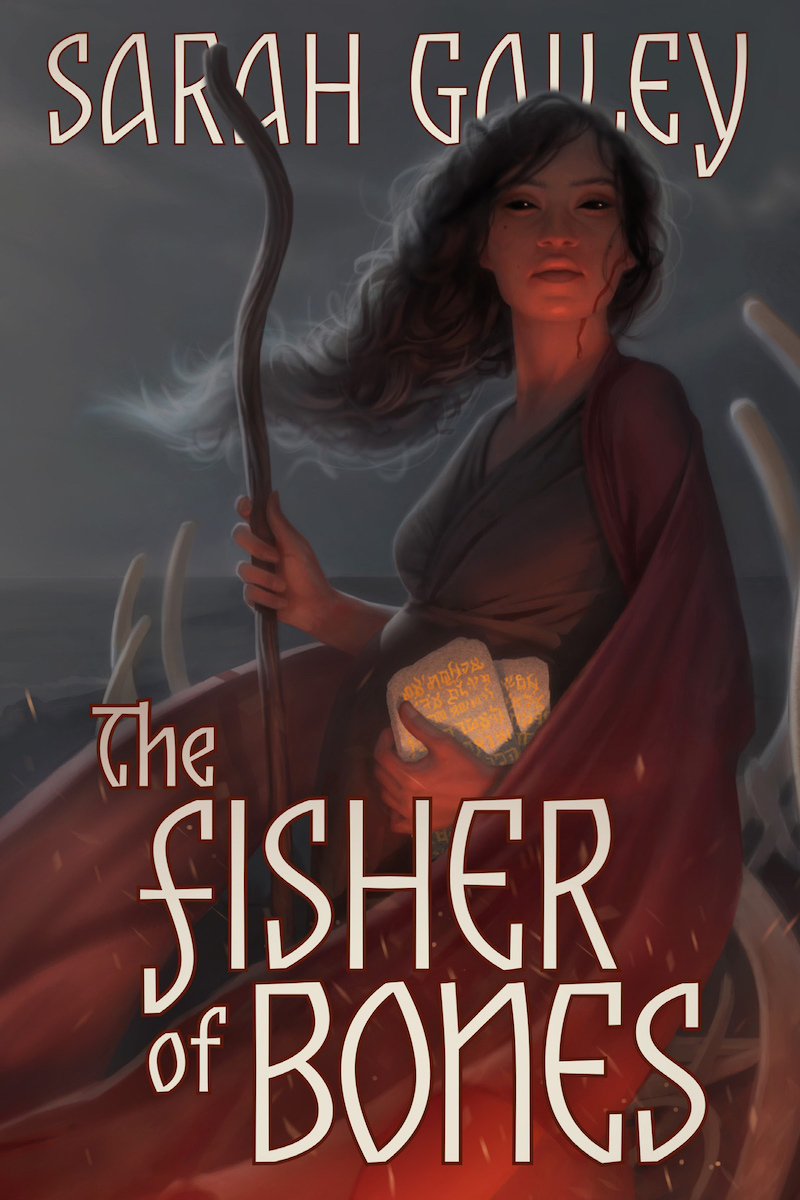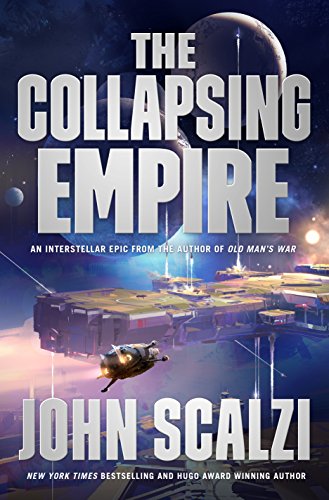NOTE: You can read Fisher of Bones for free on Fireside Magazine.
This is a story I can't stop thinking about it. Fisher of
Bones tells the story of a small group of people who are looking for
their Promised Land.
The viewpoint character is their Prophetess, recently appointed by the previous Prophet (her father) right before he dies. She has to keep the fractious group united until they reach the Promised Land, and the job proves difficult.
I loved this story for several reasons. The first was the format. It's a novelette written as a series of short vignettes that are packed with character detail and emotional tension. They draw you through each chapter all the way to the ending. Because it's so short, the world building is dense. There are very few superfluous words.
A lot of other reviews I've seen has asked for more details. But I don't think more is necessary. After all, the Gods are not the driving force of the story. The act of living in the tension of community is the true focus. The Gods are, in a horrid sense, a Macguffin.
Faith in the Gods and their Promised Land drives and cements the community. The tribe wants to believe, but they have doubts. Since the Prophetess is the voice of the Gods, she receives the brunt of the angst her people are feeling.
As is often in life, faith in this story leads to a place that's dark and scary and mysterious. If the Gods were revealed in more detail, the mystery would be destroyed.
Also, I loved that the Prophetess struggled so much with faith. Often, religious leaders have to put on a brave front for the rest of their group. Many of them have the most doubt, though. I thought this was a great aspect to the Prophetess, and loved seeing how it affected her relationships with her closest family and friends.
All-in-all, a remarkable piece of fiction that speaks a truth that is both real and memorable.
The viewpoint character is their Prophetess, recently appointed by the previous Prophet (her father) right before he dies. She has to keep the fractious group united until they reach the Promised Land, and the job proves difficult.
I loved this story for several reasons. The first was the format. It's a novelette written as a series of short vignettes that are packed with character detail and emotional tension. They draw you through each chapter all the way to the ending. Because it's so short, the world building is dense. There are very few superfluous words.
A lot of other reviews I've seen has asked for more details. But I don't think more is necessary. After all, the Gods are not the driving force of the story. The act of living in the tension of community is the true focus. The Gods are, in a horrid sense, a Macguffin.
Faith in the Gods and their Promised Land drives and cements the community. The tribe wants to believe, but they have doubts. Since the Prophetess is the voice of the Gods, she receives the brunt of the angst her people are feeling.
As is often in life, faith in this story leads to a place that's dark and scary and mysterious. If the Gods were revealed in more detail, the mystery would be destroyed.
Also, I loved that the Prophetess struggled so much with faith. Often, religious leaders have to put on a brave front for the rest of their group. Many of them have the most doubt, though. I thought this was a great aspect to the Prophetess, and loved seeing how it affected her relationships with her closest family and friends.
All-in-all, a remarkable piece of fiction that speaks a truth that is both real and memorable.




